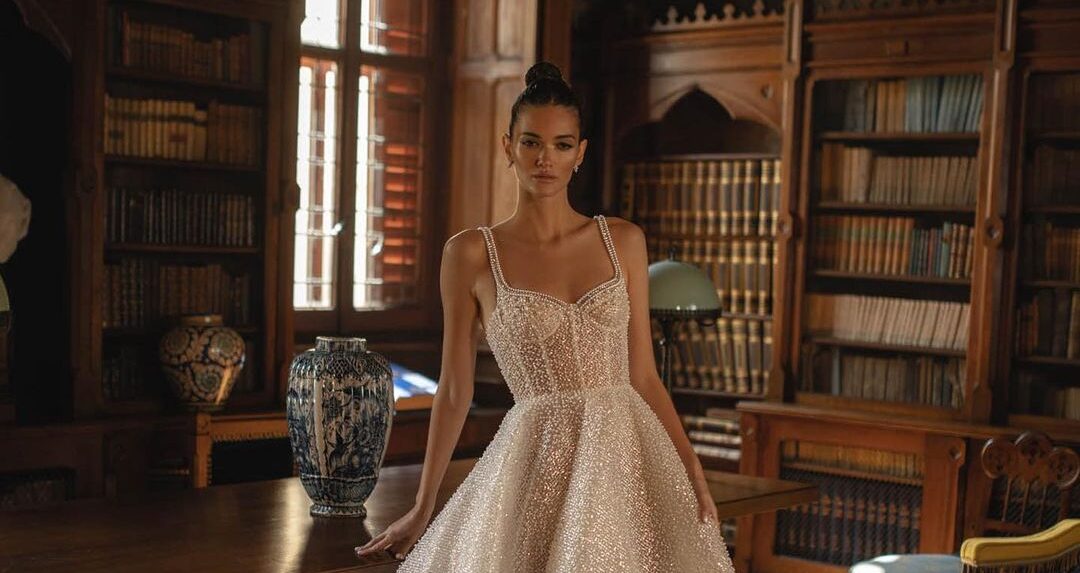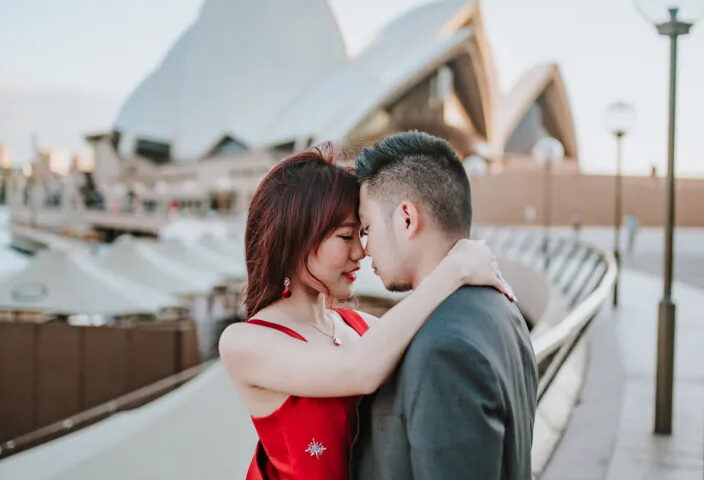When it comes to weddings, Indonesia is a land of rich cultural diversity. With its diverse ethnic groups and religious beliefs, the country is home to a fascinating array of wedding traditions that have been passed down through generations. From elaborate ceremonies to unique customs, Indonesian weddings are a sight to behold. Below, we explore 10 of the most captivating wedding traditions in Indonesia, each with its own charm and significance.
Table of Contents
10 of the Most Captivating Wedding Traditions in Indonesia
1. Siraman: A Purifying Ritual
Photo by Fahmi Ramadhan on Unsplash
In many Indonesian weddings, the bride and groom participate in a pre-wedding ritual known as siraman. During this ceremony, the couple is bathed in a mixture of flowers, herbs, and spices. The water used in the bath is believed to cleanse and purify the couple before their marriage, symbolizing the washing away of past impurities and the start of a new chapter in their lives.
2. Traditional Attire: A Splash of Color
Indonesian weddings are known for their vibrant and colorful traditional attire. Each region has its own unique style, reflecting the local customs and heritage. From the intricate batik patterns of Java to the dazzling kebaya dresses of Bali, the traditional attire adds a touch of elegance and cultural flair to the wedding celebrations.
3. Seserahan: Exchange of Gifts
In the Javanese tradition, the exchange of gifts known as seserahan is an important part of the wedding ceremony. The families of the bride and groom exchange beautifully arranged gift boxes containing items such as jewelry, clothing, fruits, and sweets. This tradition symbolizes the coming together of two families and the blessings they bring to the union.
4. Tarian Piso Surit: Dance of the Bridesmaids
Photo by Fahmi Ramadhan on Unsplash
Originating from the Batak ethnic group in North Sumatra, the Tarian Piso Surit is a captivating dance performed by the bridesmaids during the wedding reception. Clad in traditional Batak attire, the bridesmaids move gracefully to the rhythm of the music, creating a mesmerizing spectacle for the guests. The dance is believed to bring good luck and happiness to the newlyweds.
5. Pengantin Solo: The Solo Bride
In Solo, a city in Central Java, there is a unique tradition where the bride and groom cannot see each other before the wedding ceremony. The bride, known as pengantin solo, is dressed in a strikingly beautiful batik dress and is carried by four male attendants to the wedding venue. This tradition adds an air of anticipation and mystery to the wedding proceedings.
6. Ngerik: Blessings from Elders
Ngerik is a traditional ceremony practiced by the Toba Batak community in North Sumatra. During this ritual, the bride and groom seek blessings from their parents and elders by touching their feet and then placing their hands on their foreheads. It is a touching gesture of respect and gratitude, symbolizing the couple’s acknowledgment of their elders’ wisdom and guidance.
7. Kirab Pengantin: Bridal Procession
In the city of Yogyakarta, the bride, and groom are escorted by a grand procession known as kirab pengantin. The couple sits on a beautifully decorated carriage called a andong, which is pulled by horses or adorned with traditional decorations. The procession moves through the city streets, allowing the public to witness the joyous celebration of love.
8. Traditional Ceremonial Dances
Indonesia is renowned for its traditional dances, and many of these dances are performed during wedding ceremonies. From the elegant Legong dance in Bali to the dynamic Reog Ponorogo in East Java, these captivating performances add a touch of grace and cultural heritage to the festivities. The colorful costumes, intricate movements, and enchanting music create a truly magical atmosphere.
Photo from Instagram.com/firewoodandearth/
9. Sengkalan: Matching Birthdates
In the Javanese tradition, sengkalan is a practice where the bride and groom’s birthdates are compared to determine their compatibility. A traditional Javanese calendar called “Primbon” is consulted, and a skilled expert calculates whether the couple’s birthdates align favorably. This tradition is believed to bring harmony and good fortune to the marriage.
10. Mappacci: The Final Goodbye
In the Toraja culture of South Sulawesi, the wedding ceremony concludes with a ritual known as mappacci. During this ritual, the bride’s family bids farewell to her, symbolizing her transition from her birth family to her new family. It is a poignant moment filled with emotions, as the bride and her family express their love and well-wishes for her future.

